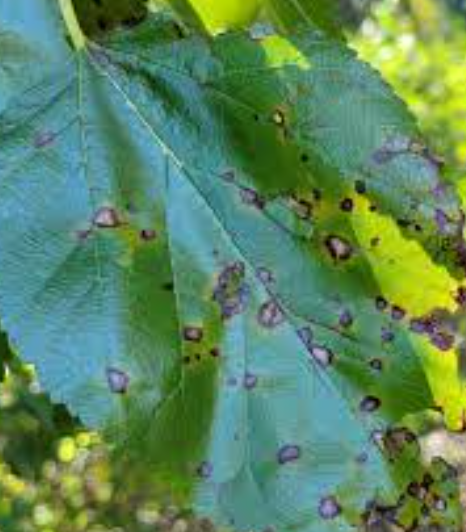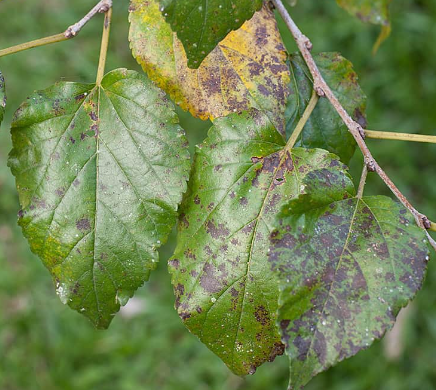Himalayan Mulberry Plant
Morus serrata, or Himalayan Mulberry, is a hardy tree growing 10-15m, prefers loamy, well-drained soil, full sun, and has edible and medicinal properties.

Habit
Tree
Height
10-15m
Growth
Medium
Soil
Well-drained Loam
Shade
Full
Moisture
High
Edible
Yes
Medicinal
Yes
Origin
Himalayas
Climatic Condition
Temperate, Subtropical
Temperature (°)
18-28
Humidity (%)
60-70
Potting media
40% Loam, 30% Sand, 30% Compost
Fertilizers
Organic Compost, Balanced Fertilizer
Watering
Weekly deep watering
Plant Weight
0.5-1.5
Flowering Time
Spring to Summer, 2-3 weeks
Soil Ph level
6.0-7.0
Water Ph level
6.0-7.5
Soil EC
0.6-1.2
Yield Per Plant
3-4 kg per plant
NPK ratio
10:10:10
life Span
15-20years
Health Benefits
Antioxidant, Digestive
Suggested Grow Media or Potting Mix ?
50% loam, 30% compost, 20% peat
Suggested Fertigation/Fertilizers
Fertilize every 6-8 weeks with balanced organic fertilizer.
Common Diseases and Remedies
Powdery Mildew, Leaf Spot, Fruit Rot, Aphids, Scale Insects.
White powdery patches on leaves, Brown/black spots on leaves, Soft, discolored fruit Curling, yellowing leaves, Waxy bumps on leaves and stems.
Prune affected areas, apply neem oil, improve air circulation Insecticidal soap.
Fungicides containing sulfur, Copper-based fungicides, Fungicides with carbendazim, Imidacloprid-based insecticides, Insecticides like acephate.
HEALTH BENEFITS
Rich in antioxidants, vitamin C, and iron; supports immune function, digestion, and skin health.

